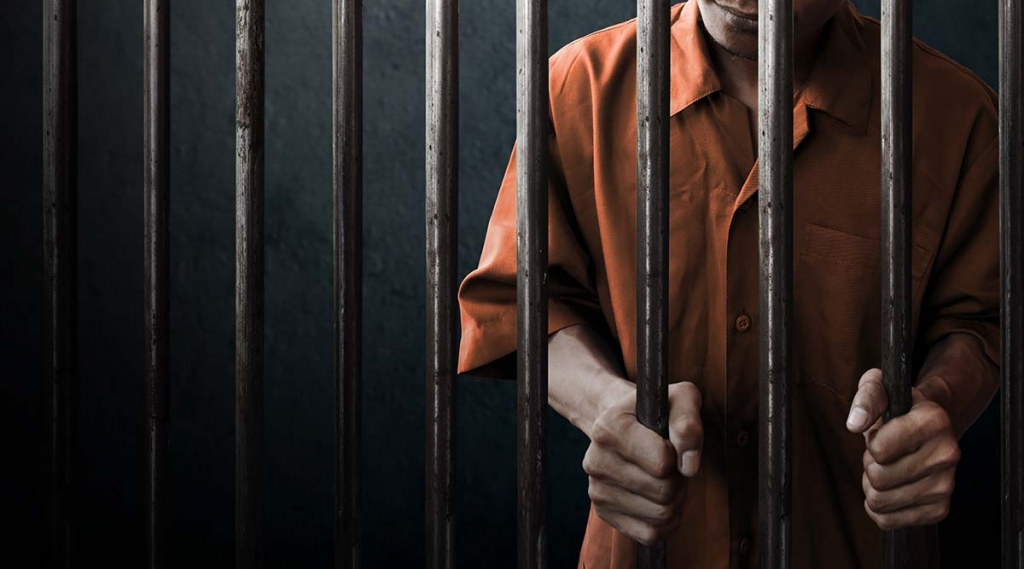Can You File Bankruptcy While in Prison in Arizona?
If you’re wondering what might happen to your debts while you’re in prison, you are not alone. Many individuals ask this question.
Some debtors will freeze your debt so that you don’t have to make payments until you get out of prison. However, the longer your sentence, the less likely your debtors will be to provide a debt freeze.
That means that you should consider consolidating or dissolving your debt through bankruptcy. One major reason why some people who are going to prison file for bankruptcy is to ease the burden on a spouse who is also listed on their debts. If you file for bankruptcy, your spouse won’t have to make payments on the debt with their single income.
Why you might consider filing for bankruptcy while in prison
When you’re sent to prison, one of three things might happen to your debt.
- Your spouse must continue to pay on the debt even though they are now part of a single-income household.
- You’ll need to continue paying on the debt, perhaps using savings.
- The debtor will suspend payments until you are released.
While filing for bankruptcy can help you avoid severe penalties for failing to pay your debts, you might also have to surrender all assets, which is why people avoid bankruptcy.
So if you do not have many assets or possessions you’re worried about having to surrender as part of the bankruptcy process, the pros outweigh the cons as far as whether you should file for bankruptcy or not.
The sooner you file, the sooner you can begin repairing your credit score to get back to financial stability.
What’s the process for declaring bankruptcy while in prison?
The process for declaring bankruptcy while you’re in prison is the same as when you are not in prison. It starts with getting in contact with an Arizona bankruptcy attorney who can help you with filing the relevant paperwork.
The attorney will meet with you in person to sign paperwork. Once you’ve filed all the necessary paperwork, the process might take several months to finalize. If you’re married, just be sure your spouse is aware and on board with declaring bankruptcy because it will impact them as well.
During the several months that it takes to finalize a bankruptcy filing, creditors will not be able to seek payments from your spouse, which means collections agencies will not be calling your home. This can provide peace of mind to your family while you’re serving your sentence.
Your attorney will represent you throughout the process, include a meeting of creditors. If you have questions along the way, your attorney can answer those questions.
At the end of your bankruptcy filing, you’ll be debt-free except if you have commitments for the following payment types.
- Spousal or child support
- Unpaid tax liens or recent taxes
- Debts from a personal injury, such as a driving under the influence charge
Student loans and income tax debt can be challenging to get discharged. You’ll need to prove an undue hardship on you or your dependents to get these debts discharged. One way of showing that is through demonstrating that you can’t meet the minimum standard of living and continue to pay these debts.
If you’re unsure about what debt to include in your bankruptcy filing, discuss the matter with your attorney. Anything you fail to list when filing your paperwork will not be included in your discharged debt.
Contact our office for more information about filing for bankruptcy, whether you’re in prison or experiencing a different form of hardship. We’ll explain your options and help you get on the road to financial stability.




